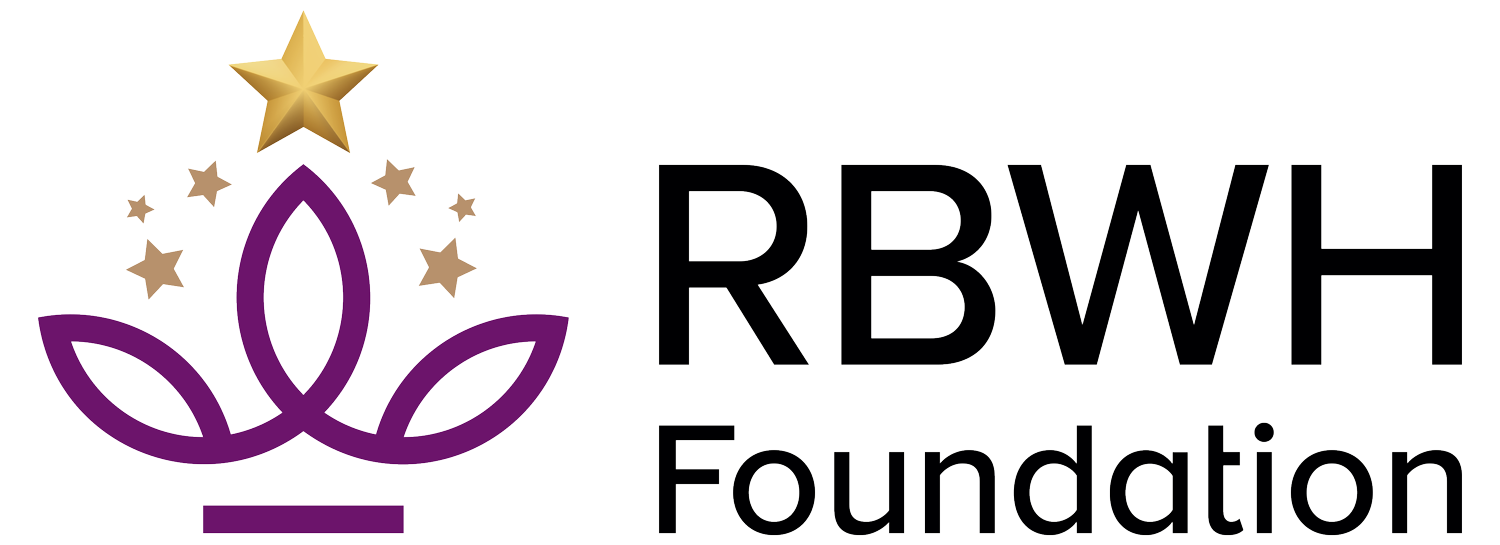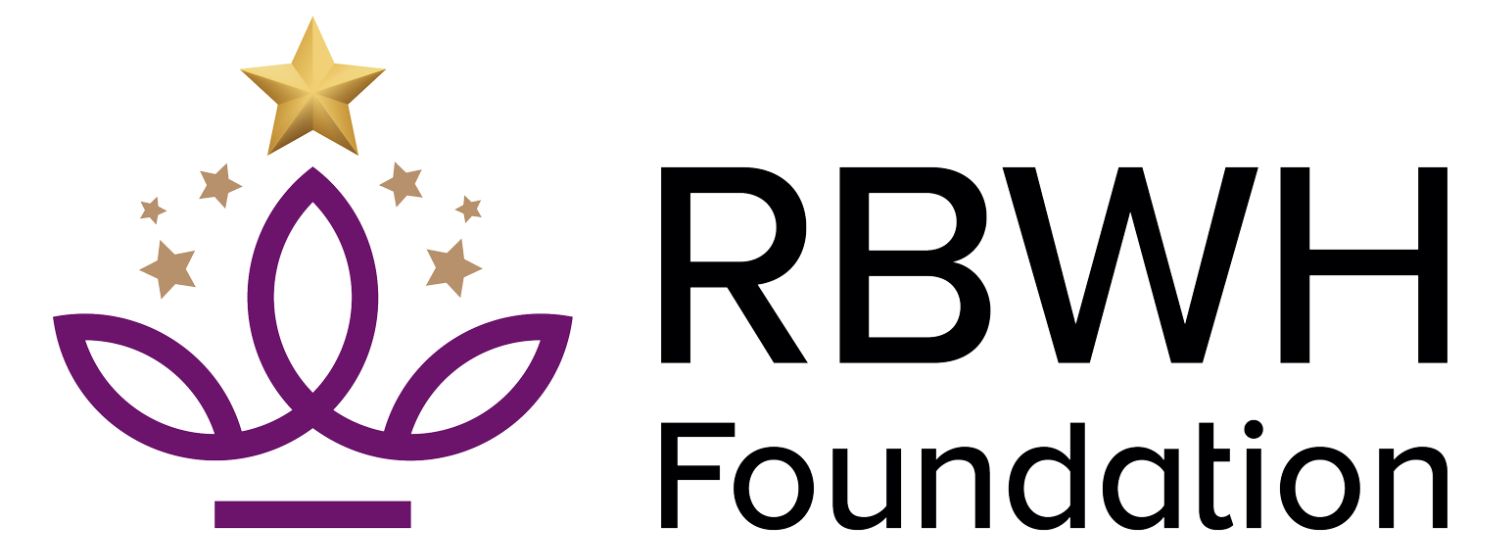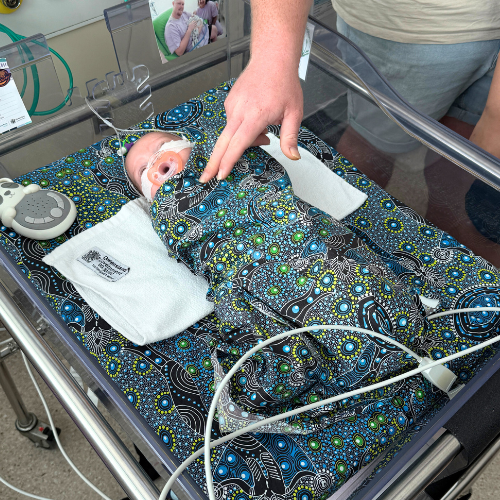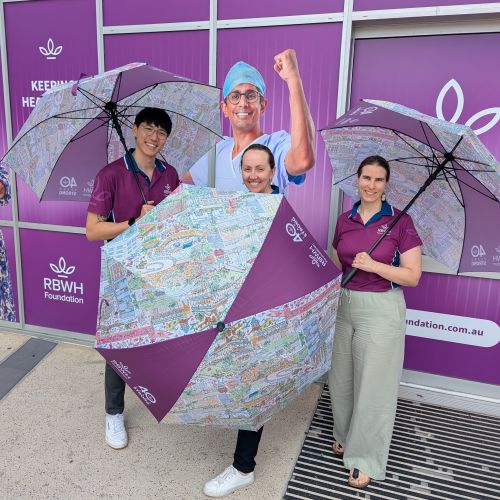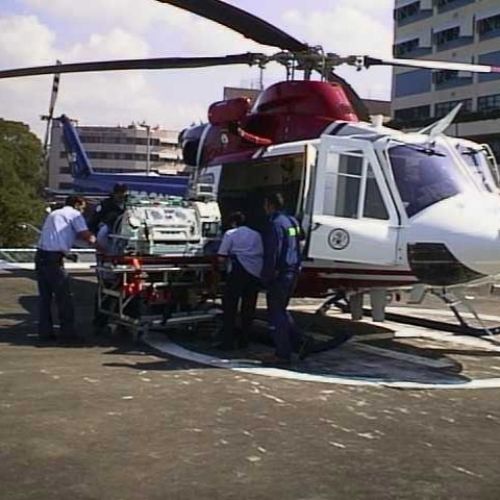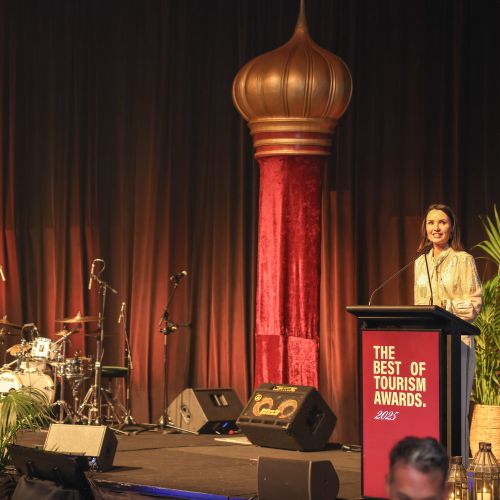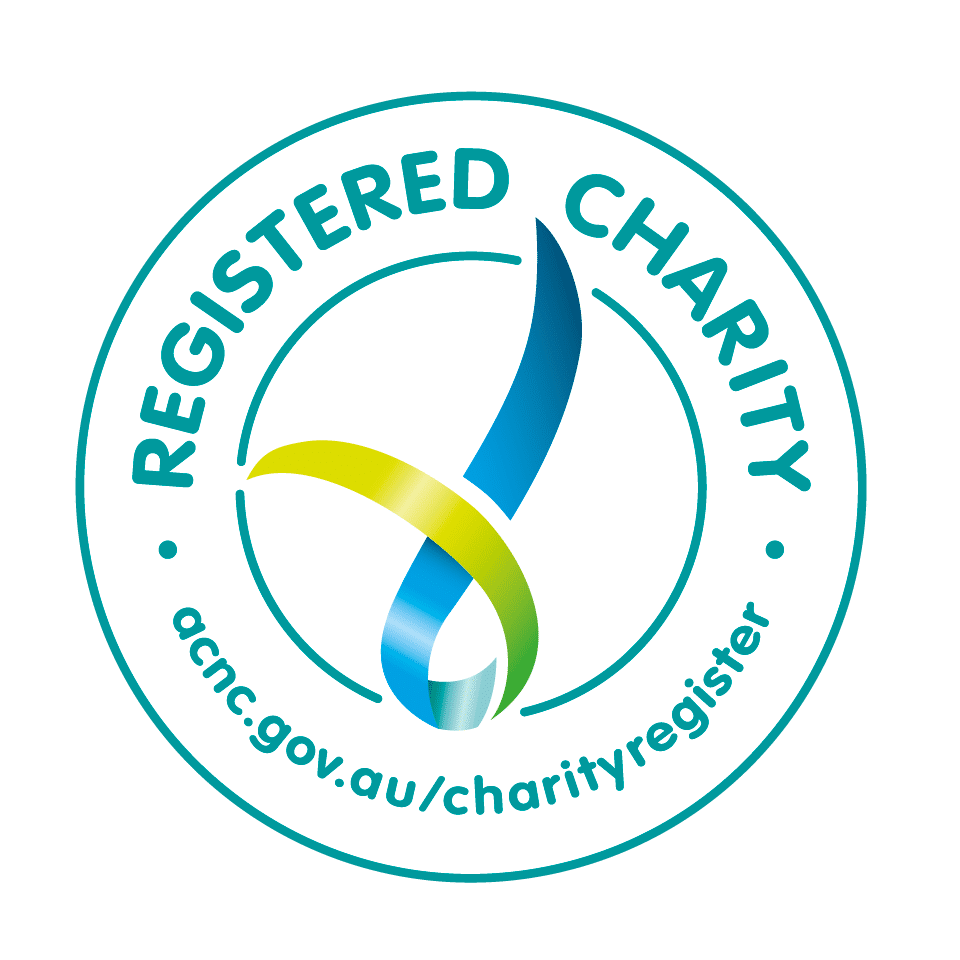A huge thank-you to our RBWH Foundation community for your support of 3 Royal Brisbane and Women’s Hospital (RBWH) doctors named in the top 2 per cent of the most-cited scientists in the world.
Professor Leonie Callaway, Dr Alison Mudge and Dr Matthew Roberts were recently named in a Stanford University study which used Scopus – an abstract and indexing database produced by Elsevier Co, to determine the top 100,000 most cited scientists.
In total, 19 RBWH researchers were named on the prestigious list, reflecting the global impact of patient care and life-saving research underway at the hospital.
Learn more about what motivated and inspired them to become the international research leaders they are today.

Professor Leonie Callaway
What is your role and how long have you been in it?
I have been Executive Director of the Women, Children and Families stream since 2019; Director of Research within Women’s and Newborn Services since 2017; and an Obstetric Physician at RBWH since 2005.
Why did you choose this career?
My mother was unwell when I was a teenager, and I was inspired to be a doctor as I was so grateful for the way she was cared for. I was interested in biology and my high school science teacher Mr Watson told me that I could study anything I wanted to. I once mentioned that I might like to study medicine but it seemed an unachievable goal for a girl at Aldridge State High School. Nobody in my family had been to university before. Once I started work, I had no idea what speciality to do. I was drawn to medicine, surgery, psychiatry, general practice, obstetrics and gynaecology, and dermatology. Eventually, I made peace with being an academic nerd and decided on physician training. I chose to do a PhD because I wanted to teach medical students and became an accidental researcher.
Best part of your job?
Caring for patients, supervising PhD scholars, working with an amazing team of people, leading change about things that are important, working for the benefit of our community.
Advice you for someone starting out as a doctor?
Don’t worry if you have no sense of direction. It will emerge in time. Just enjoy yourself. And make sure you always prioritise your health, your family and friends — and having fun.
Dr Alison Mudge
What is your role and how long have you been in it?
Clinical Director of Research and Education for the RBWH Department of Internal Medicine and Aged Care, since 2011.

Why did you choose this career?
My interest in research and education came from my dad who was an academic GP and my mum who was a teacher. I became a general physician because I was interested in how to improve care for acutely ill people. I had the opportunity to become involved in quality improvement and research which led to a PhD investigating new multidisciplinary models of care and kindled a passion for improving care and important outcomes for older adult inpatients. I have been fortunate to have great mentors and colleagues who have believed in me and encouraged me to develop leadership skills in research, education and implementation.
Best part of your job?
Being able to build an amazing multidisciplinary team who have built and scaled up a highly successful care model called Eat Walk Engage which is really changing care at the coalface for older patients–and those caring for them –across Queensland. I love being able to mentor enthusiastic clinicians to understand and solve real clinical and service problems using tools of research, improvement and implementation science.
Advice for someone starting out as a doctor?
Keep your mind open to opportunities, identify an area of genuine need and seek mentors and friends from different disciplines. We work in a wonderful profession and must strive to use this privilege to advocate for groups who have poorer health care and outcomes.

Dr Matthew Roberts
What is your role and how long have you been in it?
Consultant Urologist & Robotic Surgeon, RBWH & STARS (Feb-2020 to current).
Clinician Research Fellow, Metro North Health (Feb-2020 to current).
Honorary Group Leader and Associate Professor, UQ Centre for Clinical Research.
Why did you choose it this career?
Biology fascinated me and the social justice work we did in helping people meant that it was the best way to join those two interests of mine. I then knew I wanted to do surgery from anatomy study and working in the anatomy labs at UQ.
I was lucky that a friend’s dad was a urologist and showed me the incredible field of Urology as a medical student. Then through his kindness, Professor Frank Gardiner showed me how research can impact and improve the care that we provide to advance the field, leading to a PhD under his (and others’) supervision.
I was then able to return to RBWH and Metro North where the opportunity to work as a Surgeon Scientist presented itself and was supported by the organisation.
Best part about your job?
Helping people using surgery and they are very grateful. Much of the magic comes from the discussions with people either side of the operation — you get to know them and it is really nice.
Then linking my research interest into how we can improve the outcomes and processes so that more patients benefit from improved care is very rewarding.
With my supportive colleagues/teammates, we are proud to have incorporated advanced imaging to reduce unnecessary operations and be a world leader in our field.
Advice for someone starting out as a doctor?
Exposure to many fields of medicine is critical to discover what gets you excited and what you might be passionate about, including the medicine and the people (my wife calls it “finding your people”). Then, lean on those people to help you get to your goals and reach your potential. Most of us want the younger doctors to be better than us and further improve the lives of people.
Importantly, don’t let medicine consume you and enjoy life outside of medicine, continue hobbies and seeing your loved ones.
